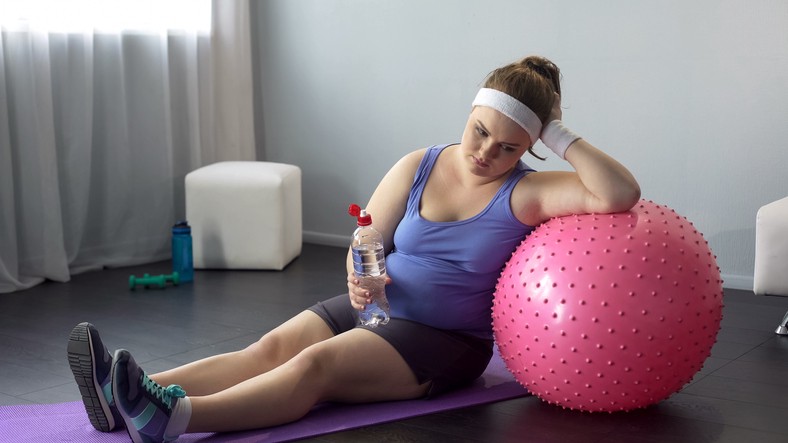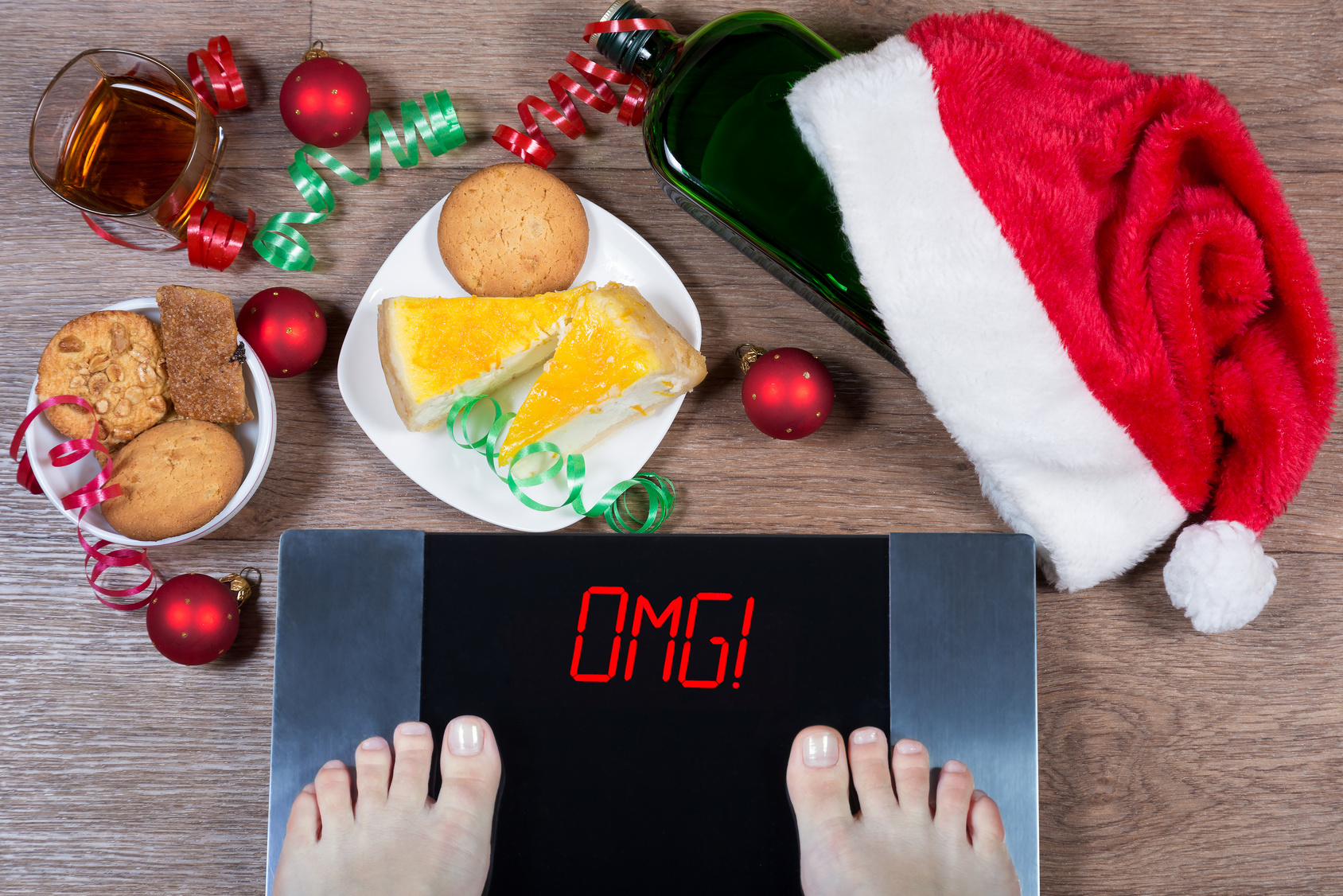
You can control your blood sugar and lose weight by limiting the number of meals you eat each day. However, this can lead to disordered consuming. This strategy is not effective. Here are some tips: Eat only one dinner-sized meal per day.
Limiting your food intake to one meal a day can help you lose weight
A study showed that restricting your food intake to just one meal per day can help you lose weight. However, the OMAD diet can be hard to stick to. You will lose weight by increasing your body's production levels of ghrelin. This diet can also increase your cholesterol and blood pressure. People with diabetes and heart disease may find this diet unhealthy.

Another study showed that limiting your food intake to a single meal per day can increase blood pressure and cholesterol. For this reason, it may not be recommended for anyone with health issues. Additionally, eating a single meal late in the evening can increase blood sugar levels. One study showed that those who ate only one meal per day had higher blood glucose levels in the morning, than those who ate twice daily.
It can also control your blood sugar levels
One small meal per day can help to control blood sugar. The break of fast, also known in breakfast, is essential for your body to have the energy it needs. Skipping breakfast can cause blood sugar spikes throughout the day.
This study utilized a multistage stratified sampling procedure to select adults 18 years and older from urban and rural areas of the United States. The six tiers included cities from underdeveloped to well-developed. These cities were categorized by their level of development by researchers.
It could be a path to disordered food
It is a common misconception that only eating one meal per day is normal. However, disordered eating can result. Binge eating is defined as eating only one meal per day. In fact, eating disorders affect one in four people.

Eating disorders impact your physical, social, and mental health. These disorders can lead to gastrointestinal and heart problems, as well as increased risk. They can also cause anxiety and depression. These problems can become more severe over time. If you are worried that you may be slipping into this trap, talk to your loved ones.
FAQ
What Weight Loss Can You Expect In One Week?
The amount of weight that you can lose will depend on how high your body fat percentage is. You need to determine how much weight loss you are looking for. Your BMI tells us how much weight you should lose in order to achieve this goal. If your BMI is 25 or greater, you're overweight. If your BMI is more than 30, you are obese.
For example, if 200 pounds is your BMI, it would be 28.7. To reach a healthy weight, you would need to lose 70 pounds. To see if you're overweight, visit www.healthyminds.com/bmi/.
Once you know your BMI, this formula will allow you to determine how many pounds per week you'll be able to lose.
(Your Goal Weight - Current Weight)/BMI * 7 Number Of Pounds Lost Per Week
For 50 pounds to be lost in one month, it would take 2 weeks of exercise. 56 days is equivalent to 7 pounds per day. This works out at 8.3 pounds per week.
You could also try this calculator from www.weightlosscalculator.net. This calculator gives you an estimate of how many calories are needed to lose 1 pound per day.
How often do people fast every day?
The majority of people who follow the ketogenic diet fast only once a week. However, there are some who fast twice per week. Others fast three times a week.
The length of each fast varies too. Some fast for 24 hours while others fast for 48.
Some people even go longer than 72 hours. However, extreme cases like these are rare.
What should you eat while intermittent fasting?
To lose weight, the best thing to do is cut back on carbs. This means avoiding bread, pasta, rice and potatoes as well as other carbohydrate-based foods.
Protein will also keep you fuller for longer so try to limit how much you eat. This will ensure that you don't feel hungry as frequently.
Instead, focus on foods that contain healthy fats, such as olive oil, avocado, nuts, and seeds. These foods will keep you full for hours after you eat them.
It's vital that you get enough water. Hydration is key to burning fat.
Sometimes you may feel compelled to eat these foods even if you're not fasting. However, you don't have the right to succumb to these cravings. If you do that, you may gain more weight then you lose.
Keep an eye on the amount of food you eat throughout the day to avoid overeating. Instead of reaching for another snack, sip a glass of water when you feel hungry.
This might sound counterintuitive, but it's actually been proven to help you slim down. A study published in Obesity found that participants ate fewer calories when they drank plain water than sugary drinks.
Consuming water plainly also helped to decrease hunger. If you want to lose weight, avoid sweetened beverages and drink water.
To lose weight, you don’t have to count calories or restrict certain foods. Instead, focus on making small changes to your lifestyle.
Try swapping out your usual breakfast sandwich in favor of a bowl o' oatmeal. Try swapping your afternoon cookie to a piece or fruit.
These easy swaps can add up and help you lose weight without spending hours in the kitchen.
Statistics
- One study in 9 active men found that HIIT burned 25–30% more calories per minute than other types of exercises, including weight training, cycling, and running on a treadmill (18Trusted Source (healthline.com)
- It's estimated that half of all American adults attempt to lose weight every year (1Trusted (healthline.com)
- One 6-month study showed that simply doing 11 minutes of strength-based exercises 3 times per week resulted in a 7.4% increase in metabolic rate, on average. (healthline.com)
- According to a study sponsored by the American Council on Exercise, a person weighing around 140 pounds (64 kg) would burn 108 calories at a 30-minute beginner's Pilates class or 168 calories at an advanced class of the same duration (26). (healthline.com)
External Links
How To
9 Tips to Lose Weight Naturally
Losing weight is one of the most common problems faced by people worldwide. You can't live a healthy lifestyle if you constantly try to lose weight. While you can lose weight through diet and exercise, it is not permanent.
I'm going to share with you some natural methods to lose weight, without side effects. Let's start!
-
Lemon Water Lemon water can help to eliminate toxins from the body. This drink will detoxify your system and make you feel more energetic throughout the day. This drink can help you lose weight.
-
Eat more vegetables. Vegetables contain fiber, vitamins, minerals, antioxidants, and other nutrients that are essential for our health. They can also give you a feeling satiated. Eating vegetables can help you lose weight.
-
Increase Protein Intake. Protein is an important nutrient, which plays an important role building muscles. High-protein diets can help you lose weight and build muscle.
-
Consume Green Tea. Green tea contains caffeine. This reduces appetite, and increases metabolism. Caffeine has been proven to increase thermogenesis (the process that heat is generated). Thermogenesis explains why coffee drinkers are more likely to consume lower amounts of fat than non-coffee users.
-
Use cold showers. You can burn more calories by taking cold showers. Research shows that cold showers can burn up to half as many calories as warm ones.
-
Avoid Alcohol. Alcohol is known to be a stimulant, which can lead you to overeating. Alcohol consumption can cause weight gain.
-
Cardio Exercise Daily. Cardiovascular exercise is effective at reducing weight. It improves blood circulation, boosts energy levels, and keeps you fit. Walking, swimming, cycling and running are all possible.
-
You shouldn't skip meals. It is better to eat small meals throughout your day than three big meals. This will help you manage hunger pangs. Avoiding meals can lead to fatigue and a lack of concentration.
-
Reduce Sugar Consumption. Sugar is addictive, and it affects your mood negatively. Sugar may give you a temporary boost in energy, but sugar can cause you to feel tired and sluggish.